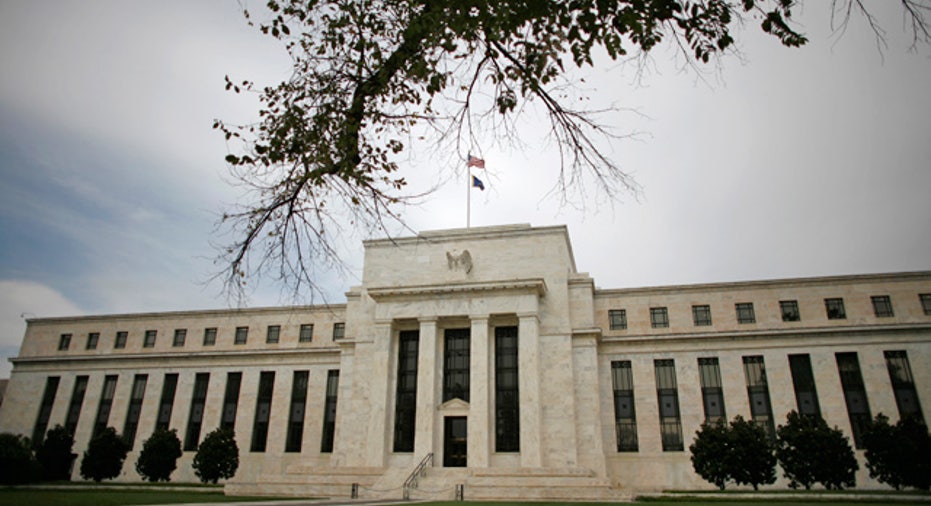Professor Harvey Discusses Economics

With the latest news about the economy and the global markets, many individuals are not sure of what their financial future will be. We asked Campbell Harvey, professor of international business at Duke University's Fuqua School of Business, a few questions about our present and future economic situation.
Professor Harvey discusses the recession, the Federal Reserve and the job market. The hyper textual financial glossary he created is used by The New York Times, Forbes, Bloomberg, The Washington Post, CNNMoney and Yahoo. The glossary, which is the most comprehensive in the world, contains more than 8,000 terms. He shares his insight into the global economy and what it needs to stabilize.
Given the European debt issues and slower global growth, what is your short-term dollar forecast?
In a period of turbulence, investors seek a relatively safe haven. While the U.S. has its challenges, it is relatively the safest haven. Direct evidence of this came when the U.S. debt was downgraded by (Standard & Poor's) -- yet the interest rate went down, not up. Investors think that news was worse for other countries than the U.S.
Over the long term, do the poor U.S. fiscal fundamentals eventually catch up with the dollar? If so, over what period of time do you expect this to be the case?
Again, where are you going to put your money? Canada, Norway? These markets are too small, and their currencies are appreciating. The U.S. fundamentals (slow growth, high unemployment, housing slump) are not good. However, I would not consider the growth prospects "poor." The U.S. has a great propensity for innovation, which is a prime driver of future growth. In addition, nonfinancial corporations are in remarkably good shape with very little debt (you need to count debt correctly, by looking at net debt). A firm might have a 20% debt-to-asset ratio. If it has 20% cash-to-assets, then its net debt ratio is zero. Given all the cash in nonfinancials, the net debt ratios are very small, and U.S. corporations can weather the storm.
Is Operation Twist the most effective step the Fed could put into play at this point? How effective do you expect it to be?
(Operation) Twist will have little or no effect -- just like the 60s version of the same operations. Long rates are 2% and mortgages are 4%. These are historic lows. To push these rates down by 25 basis points will not solve the problem. To me, the main problem is policy uncertainty. Corporations don't want to invest or hire because they are not sure what the government is going to do next.
Are there any additional or preferable steps the Fed can or should take to jump-start the economy?
Best thing is not to surprise the market. There should be no further prescriptive QE policies. It is fine for the Fed to provide temporary liquidity if needed (I don't consider that QE). Best to step aside and let the economy heal on its own.
What are the odds of a second recession later this year or in 2012?
The Duke CFO Survey has less than 50% probability. I put the odds at 30%. I believe that we are in a prolonged period of slow growth. We are used to looking at recession, rebound, recession. This time there was no rebound. We are stuck with 11% unemployment. I get that rate by looking at the participation rate in the labor force in December 2007 and applying that today. It is more realistic to count the people who have dropped out as unemployed.
Campbell R. Harvey is the J. Paul Sticht Professor of International Business at Duke University's Fuqua School of Business and a research associate of the National Bureau of Economic Research in Cambridge, Mass. He is also editor of The Journal of Finance. More about Harvey can be found at GardenofEcon.com.



















